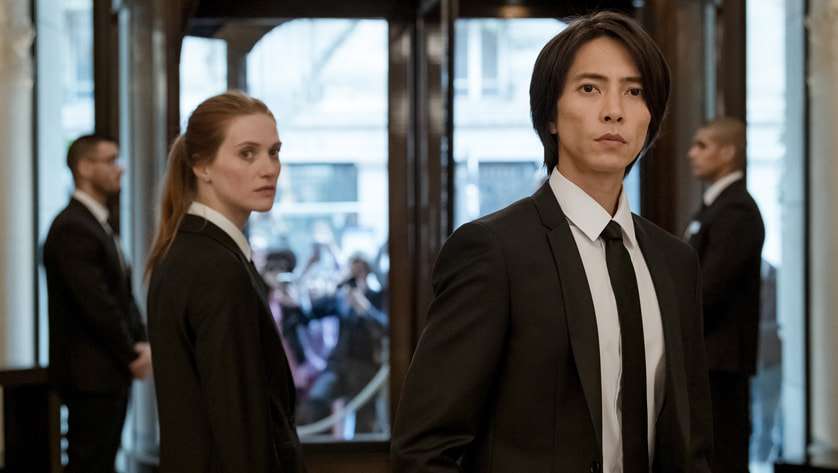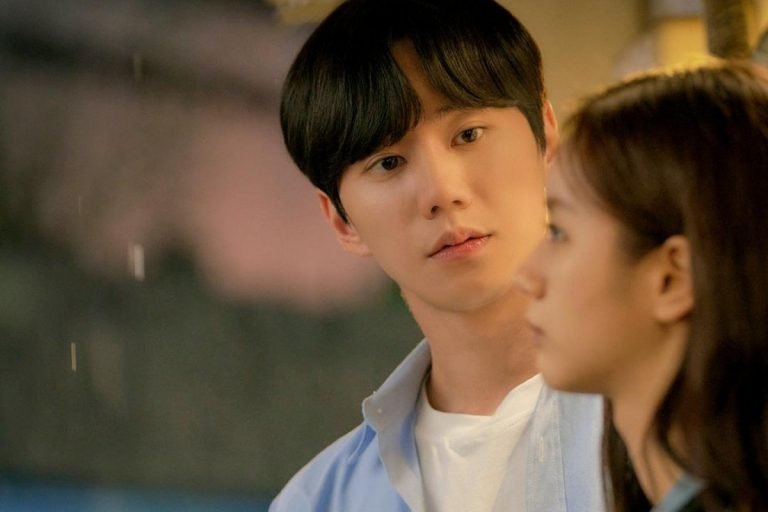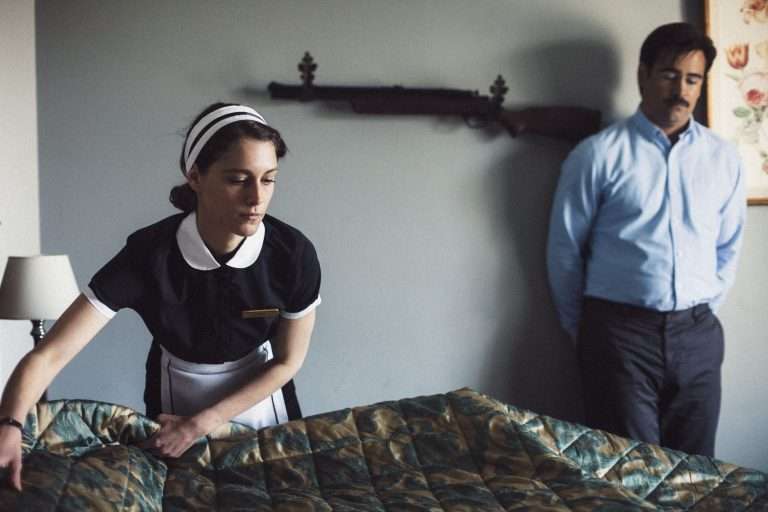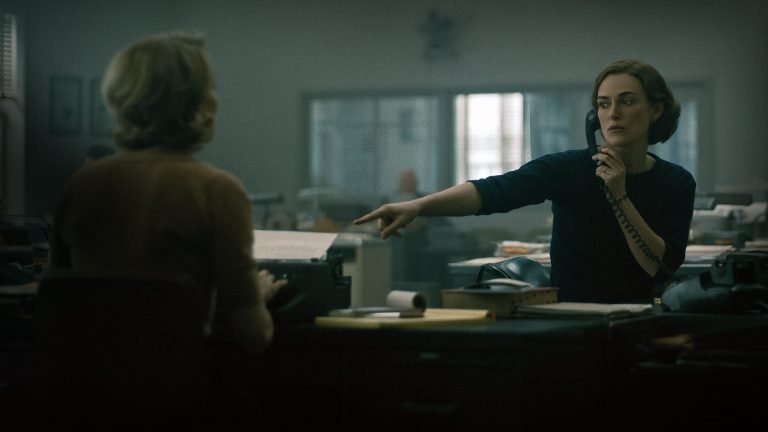Apple TV’s show “Drops of God” (Original Title: Les Gouttes de Dieu) starts things off with death; what would be a better way to kick off a story and suck the audience in. The series opens with the passing of the legendary French wine critic Alexandre Leger, who is based in Tokyo. He leaves behind a cellar with 87000 wine bottles worth $150 million and a very devious will. The decision on who will inherit his treasure will be based on three nearly impossible tests devised by Leger, which include identifying vintage wines.
In this process, he pits his estranged French daughter Camille Leger with his Japanese protege/spiritual son Issei Tomine and thus starts a high-stakes thrilling contest in a niche surrounding which keeps the audience on edge. There’s a notable scene shot as a heist sequence where Camile has to disguise herself as a sommelier just to get a whiff of the extremely rare wine a diner has bought. Instant Cool Points!
“Drops of God” is loosely based on the hit Japanese manga of the same name by the brother-and-sister team, Shin and Yuko Kibayashi. The manga is famous for its ramifications on the East Asian wine market as it drove a boom in wine sales, especially of the wines mentioned in the story. “Drops of God” has been adapted for Apple TV by writer Quoc Dang Tran (who has also worked on the French smash-hit Call my Agent!) and director Oded Ruskin, who have changed the story drastically and limited the entire 44 volumes of the comic to just eight episodes. Surprisingly, and probably in a good way, the makers changed the protagonist from a Japanese man to a French woman. As a French-Japanese co-production, the series comes off more as a French show with vital Japanese components and unlocks an amalgamation of cultures, aesthetics, and perspectives around artisanship and legacy.
The contest is used as a stimulus to take the audience on a globe-hopping adventure through the swanky Tokyo landscapes to the picturesque French vineyards and even to some Italian towns. As the test becomes more fascinating and gets engulfed in paparazzi, the lead characters try to navigate it all while unboxing some nasty family secrets. “Drops of God” is exquisitely shot and deftly acted. Fleur Geffrier, who plays Camille, is graceful and balances the dialogues in multiple languages with finesse, whereas Tomohisa Yamashita plays it sharply and has a charismatic screen presence as Issei.

Though projected in a cliched manner, both characters come to terms with their commonality, and that is what makes their dynamic complex, intoxicating, and an unusual delight. Camille is outgoing and has an outburst of emotions along with a palate that can’t actually stand wine. On the other hand, Issei is very sophisticated, analytical, and calm. The contrast suits both the characters, and as the show progresses, their motivation to compete in the twisted test set by the father/mentor becomes obvious.
One of the show’s most fascinating elements is how it educates you. I’ll be honest and say I don’t know much about wine and found the show engrossing, to say the least. Concepts of ‘Terroir’ are well explained and infused efficiently within the narrative that celebrates wine and the wine-making process. While watching the show, I regretted the fact that I did not drink as much wine as I should have when I visited different regions of Italy back in 2019. The way both the characters carry out the sleuth work needed to identify the wine moves like poetry, and the show makes it more accessible to people who are unbeknownst to the space of luxury food and wine. It is a fascinating peek into the world, and when you add the gripping family dynamics to it, you get a high-impact drama on your hands!
“Drops of God” has a serious and solemn tone, though it has a few humorous respites. It tells an engrossing and layered story that unfolds gradually in phases, bringing forth new and surprising notes just like a wine bottle opens up and amplifies over the course of a meal. It’s a really good-looking series with its glossy palette, richly shot sequences (the illustrious experience of its protagonists when they taste the wine is surreal and exquisite), and capably acted.
The show seems to be another hidden gem in the line-up of multilingual successes (“Pachinko”) for Apple TV, plus it is something to watch in between an episode of “Ted Lasso” or “Severance.” As for the very catchy title, the show cooks up its own subjective answer of sorts. The final answer and the win make both thematic and narrative sense, bringing this highly entertaining story to a surprisingly quick (compared to its source material) and satisfying close. This is a show that sticks with you; its most visually mesmerizing moments linger in one’s mind in the same way a good wine lingers on the palate.

![Our Little Sister [2015] Review: A Marvelous Addition to Kore-eda’s Brand of Humanist Cinema](https://79468c92.delivery.rocketcdn.me/wp-content/uploads/2016/03/Umimachi-Diary-2-768x514.jpg)

![Loev [2017] – A Tender and Subtly Powerful Gay-Themed Cinema](https://79468c92.delivery.rocketcdn.me/wp-content/uploads/2018/01/cover2-2-768x432.jpg)


